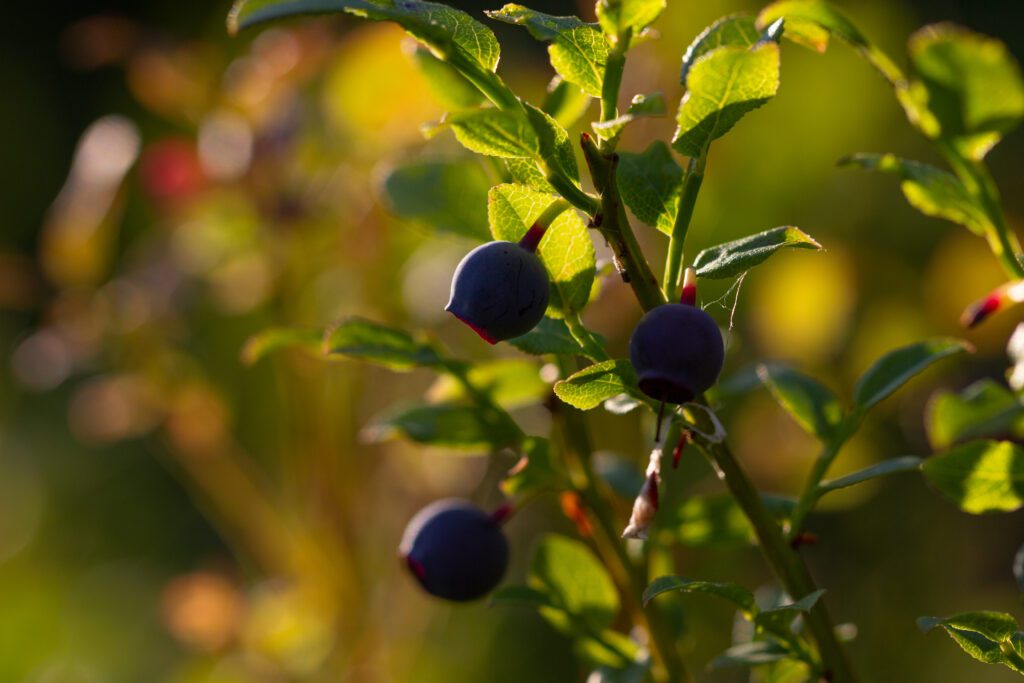Photosyntech is a Norwegian graduate school for PhD candidates within the fields of photosynthetic eukaryotes. From the fundamentals to applications in biology, bioproduction, and biotechnology.
Contact us
If you have any questions, want to become a member, or want to collaborate with us: do not hesitate to get in touch.
E-mail: photosyntech@uit.no
Call Sunniva, coordinator: +47 776 46336

We provide courses, seminars, industry visits, workshops, and funding
We have a particular focus on collaborating with companies to ensure that the future scientist understand the challenges the industries are facing and to stimulate working skills that are useful outside of academia.
Photosyntech is funded by the Norwegian research council from 2022 to 2030.
A growing need for plant and algae researchers
Most life on our planet depends on the biological activity of photosynthetic primary producers.
By investigating them, we can understand how plants and algae function and interact with their environments, from molecule levels to their entire ecosystem. This fundamental knowledge plays a key part in their utilization by industrial and agricultural stakeholders.
Development of skills needed in careers outside academia
Through courses, seminars with businesses, work placements, business visits and workshops we ensure development of transferrable skills that make our students eligible for the industries and ensuring that future research questions are relevant to the industry.
The Photosyntech consortium
The Photosyntech consortium is made up from eight Norwegian universities, one research institute and two companies. All the universities are educating plant and/or algae scientists and this effort is strengthened with the Photosyntech collaboration.
The Photosyntech organization
- UiT the Arctic university of Norway is the administrative seat for Photosyntech.
- Photosyntech is administered by a project leader, a deputy leader and an administrative coordinator.
- The steering committee of Photosyntech consist of one representative from each partner.
- In addition we have an external advisory board with representatives from other Nordic countries.
- Each university has an appointed student ambassador, who acts as the local contact for the PhD-students and the coordinator. Together they form the student council.